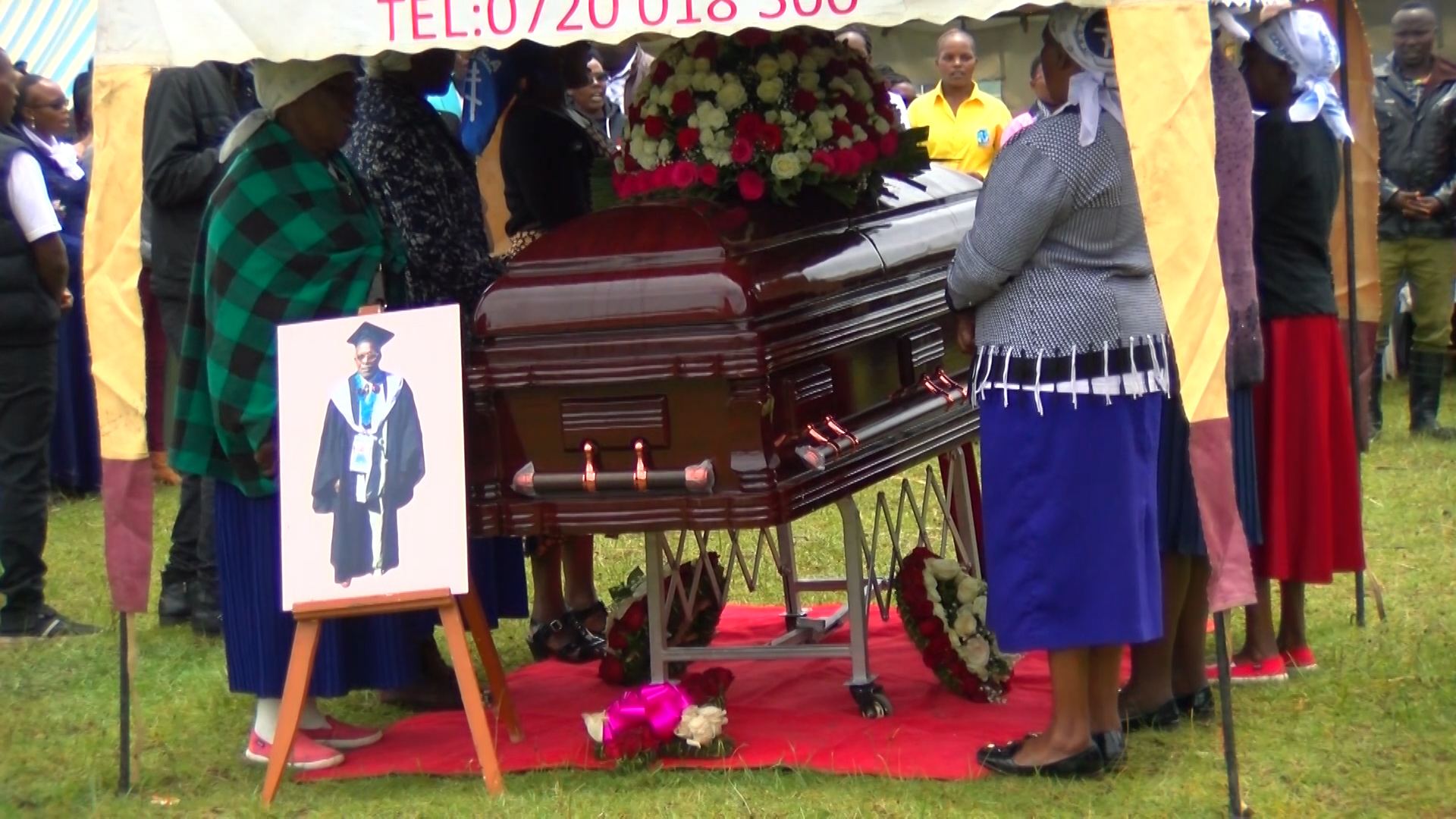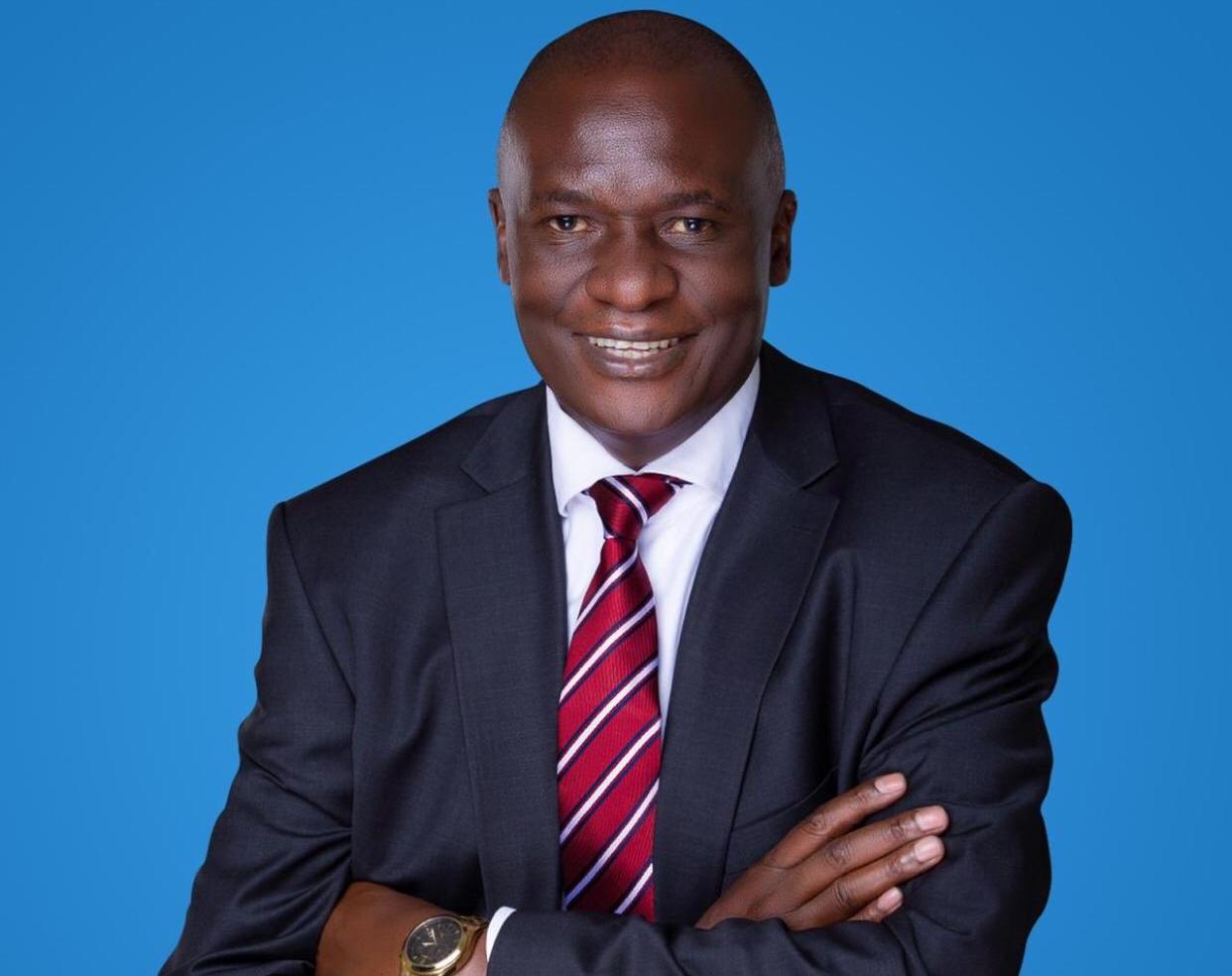Unfolding political events in the country are pointing to a possible lull in democracy after the 2022 elections. Save for any unforeseeable occurrences such as an uprising, citizen unrest, famine, pestilence, pandemic or international developments with far-reaching effects, democracy in Kenya might actually take a break for a period of 10 to 15 years, or two to three elections – that is, if we interpret democracy to be periodic, regular, cyclic elections. What this means is that during this time, there will be no opposition in the country.
If we place a huge premium on elections every five years as our understanding and acceptance of a democratic process, and if those elections are adversarial (if at least two sides face each other in a tough election), then for a while our democracy will suffer because it will stand suspended for some time after the 2022 elections.
How long this political lull takes (my guess is it will go on up to 2037) will depend on which side wins in 2022.
There are two reasons for this. The first is that the 2022 elections are going to be fiercely fought. If Deputy President William Ruto, despite appearing out-manoeuvred, isolated and besieged right now, chooses to run for president, we should expect a bitterly contested election and a vanquished loser. In fact, so bruised will the loser be that he may never recover politically. The winner on the other hand will not only win, but will not be magnanimous in victory.
The current political situation in the country offers fertile ground for such a scenario. Dr Ruto, for instance, is looking betrayed and will most likely pull no punches if he wins in 2022. It will be a political war, where the winner will not be content that his opponent is on the floor; he will also step on them to ensure they don’t get up again and if they do, it will be too late in the day. This will have serious consequences on the politics and democracy of this country.
The winner of 2022 will not be magnanimous mainly because of the animosity that has been created in the run-up to the elections. On one hand, Ruto is feeling betrayed, while on the other hand, the ‘handshake team’ led by President Uhuru Kenyatta and Opposition leader Raila Odinga is apprehensive (because of Ruto). Power does not like being scared. The worst thing you can do is scare power – it will not spare you if it comes for you.
In my opinion, if Ruto insists on running for president in 2022, he will have put power on the defensive, and power will not forgive him for that. And in the unlikely event that he wins, he will remember how he was made to fight for his victory and will not forgive anyone for that. It is like going through an elaborate process of getting a bride, then having to fight to keep other men away from your bedroom.
Should Ruto win, the people leading the fight for Uhuru and Raila will be isolated politically and will very likely find it very difficult to regroup. Just look at how long it is taking independence parties in Africa to come back to power. In Malawi, for instance, the independence party came back only recently after many years out in the cold. In Kenya, Kanu is yet to make a comeback after its defeat in 2002.
This is because quite often, strong parties or political establishments are removed by progressive forces. So if Ruto wins, Uhuru and Raila can expect to disappear from the scene.
The second reason is that if Ruto is defeated, as is most likely to be the case, it will be by individuals operating within a certain matrix. This would include Uhuru, Raila, Gideon Moi, Kalonzo Musyoka, and probably Moses Wetang’ula and Musalia Mudavadi. These people are not around just for the sake of it; they are seeking political power. And since there can only be one leader at a time, the only way to ensure all of them support the cause is to clearly spell out how their interests will be taken care of.
The 2022 elections will be a political war, where the winner will not be content that his opponent is on the floor; he will also step on them to ensure they don’t get up again and if they do, it will be too late in the day.
There is no other way to make it clear than to have an arithmetical arrangement that says, for instance, that Raila will be president up to 2027, then Kalonzo from 2027-2032, etc. And then so-and-so will be prime minister in the first term, followed by the next in line for the second term.
Unless you have this kind of arrangement, you cannot get these people to fight in such a bitter political war. They will be in it for what they stand to gain. And since they cannot all get it at the same time, they will work to ensure that they are in power for a minimum of 10 to 15 years. By the way, the arithmetical game is not just about the two or three terms; it is also about age limits and the numerical strength of the ethnic communities from which they come.
If it were just one person fighting for power, they would fight and wait for re-election. But as we can see, it is not just one individual; it is a conglomeration where everyone is waiting for his turn with his blood and soul. This is why I do not see democracy happening in the next 10 to 15 years after 2022. Whoever wins is going to dominate.
It is worth noting that this would not be the first time in history when more than one person is in power. Mwai Kibaki aborted the idea of having a team ruling after the 2002 elections. The same could have happened in 2007 if Raila had won with his ‘Pentagon’. It happened in Uhuru’s first term where Ruto and Uhuru were like co-presidents.
In Roman history, there was the famous Triumvirate between Julius Caesar, Pompey and Marcus Linicus Crassus that dominated the politics of the Roman Republic. There was also Augustus Caesar and his close ally Mark Anthony.
History has provided these examples to show that sharing power is normal. Even in the Bible, Moses ruled with his brother Aaron.
Having said that, I must end by saying that this is not a desirable state of affairs. I cherish democracy, knowing and appreciating how hard and how long we have fought for it in this country. I know that beginning with independence, all through the second liberation to modern-day struggles for electoral justice, there has been pain along the way. People have paid for democracy with their blood and limbs. Others even lost their lives.
Assuming that the Building Bridges Initiative (BBI) stands for peace and will indeed foster peace in this country, then I support it, or any other initiative to bring the absence of peace to an end for that matter.
History will judge Uhuru and Raila very harshly if the handshake and BBI are all about individual power. But pro-democracy fellows like me are willing to give them the benefit of the doubt. However, if Ruto’s ‘Tangatanga’ side wins, I think it would be an expensive experiment because democracy will have been suspended while an individual enjoys power.




